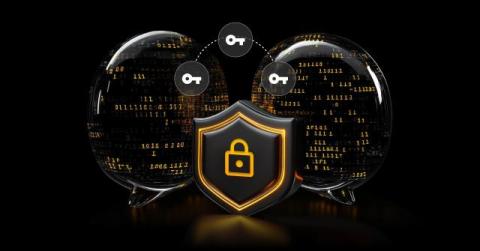Best 12 Container Scanning Tools Every DevOps & Security Professionals Should Know in 2025
Kubernetes is a revolutionary technology for orchestrating containerized applications, enabling organizations to deploy and manage applications efficiently. Containers’ portability, scalability, and agility have transformed software development and deployment. However, these benefits come with significant security challenges, including risks associated with vulnerabilities in container images and potential misconfigurations.











